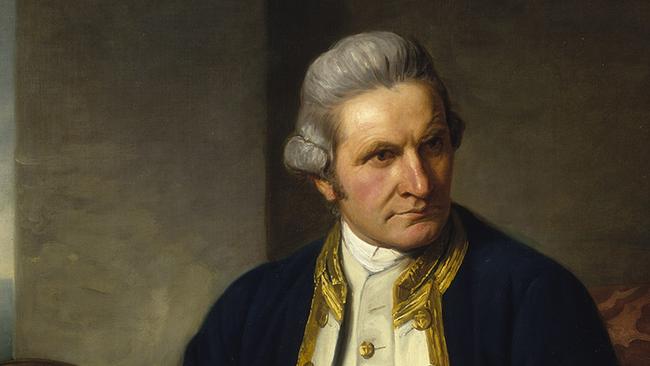School history ‘teaching national shame to our children’
School history lessons that focus on ‘wrongdoings’ are teaching children to be ashamed of Australia, a new report warns.

“National shame’’ is being taught in school history lessons, a new Centre of Independent Studies report claims.
British analyst Joanna Williams has charged into Australia’s culture wars, blaming a black-armband view of history for the rise in identity politics among young Australians.
“History classes increasingly focus on past wrongdoings rather than a more positive view of the nation state,” she writes in a report for the CIS.
“Successive generations of children have been socialised into negative feelings towards the nation. In response, we can see a rise in iconoclasm in Australia, and across the rest of the Western world, and a worrying trend of privileging the differences of identity groups above the potentially unifying notion of national citizenship.”
Ms Williams, the founder and director of libertarian British think tank Cieo, said national history was often considered a “source of shame’’ in both Britain and Australia.
“In both countries, history classes increasingly focus on past wrongdoings rather than celebrating national successes, and schools promote global citizenship rather than national citizenship,’’ she writes.
Ms Williams argues history should be taught in a chronological and balanced way.
“Ignoring past atrocities leaves young people ignorant and at risk of repeating immoral acts,’’ she writes. “But an increasingly prioritised focus on atrocities above all else robs a national story of its capacity to inspire and unite.’’
Ms Williams writes that history teaching in recent decades has placed more emphasis on students’ analytical skills than knowledge.
“This is premised on an understanding that the past is ‘messy’ and people need to be ‘trained’ to make sense of it,’’ she writes in the report.
“Some Australian historians are keen to bring emotion into history. This focus on emotional responses empowers potentially activist teachers to promote their own interpretations, irrespective of the knowledge content of the curriculum.’’
Ms Williams writes that successive generations of children in Britain and Australia have been taught a history curriculum that “substitutes identity for chronology and elite national shame for balance’’.
“The legacy is cohorts of young adults who have grown alienated from their nation and its democratic process.”
Australia’s revised national curriculum, which will be taught from next year, will teach Indigenous perspectives of a white invasion, alongside concepts of a Christian and Western heritage.
A new “deep time” strand will focus on Aboriginal and Torres Strait Islander history and the impact of European arrival, including the concept of an “invasion’’.
The impact of colonisation on Aboriginal and Torres Strait Islanders – “for example, dispossession, dislocation and the loss of lives through frontier conflict, disease and loss of food sources and medicines” – is included in the new national curriculum.




To join the conversation, please log in. Don't have an account? Register
Join the conversation, you are commenting as Logout